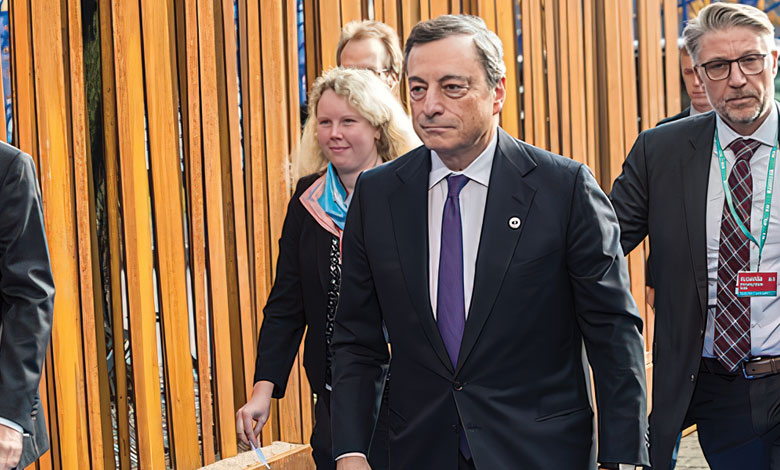The Draghi Report: Integrating future growth models with a workforce of the future

Recommendations on how sectors can adapt to changing workforce models were presented to the European Commission in a report coordinated by former President of the European Central Bank and Italian Prime Minister, Mario Draghi.
Central to this is the call to close the skills gap. The 2024 report advocates for a stronger link between education providers and industry needs, encouraging a shift toward modular, flexible learning pathways. It is claimed this would allow workers to retrain or upskill across their careers, with a particular focus on digital literacy, technical professions, and emerging green skills. It urges member states to make strategic use of EU funding to scale vocational training and support institutions offering high-impact qualifications in fields critical to the twin transitions.
The report also recognises demographic and regional imbalances as key structural risks. It proposes targeted investment in underperforming regions to support local talent pipelines and retain younger workers, thereby reducing economic disparities within the bloc. Increasing mobility within the EU of students, trainees, and skilled professionals is highlighted as a way to match labour supply and demand more efficiently.
In terms of institutional reform, the Draghi report stresses the need to modernise public administration. This includes digitalising services, streamlining permitting processes, and strengthening cross-border collaboration on workforce planning. More agile governance, it argues, is essential to deploying training, investment, and innovation at the pace the moment demands.
On social policy, the report states that there is an explicit call to ensure that the transformation of labour markets remains fair and inclusive. The report supports active labour market policies such as wage subsidies, mobility grants, and employment services targeted at those most exposed to technological and industrial disruption.
The report also recommends embedding workforce strategy into the EU’s broader competitiveness agenda. In this framing, skills policy is not a social add-on, but a core component of industrial policy which is crucial to resilience, productivity, and sovereignty.
Speaking before the European Parliament in late 2024 after the report was published, Draghi said: “This report has come out at a difficult time for our continent. On many key questions, we are divided about what to do. There is discontent in large parts of Europe about the direction in which we are heading. And there is considerable unease about the future. My role, as set out by the European Commission, is to present you with a diagnosis of where Europe stands and to offer you recommendations on how to move forward.
“It is for you, our elected representatives, to turn this agenda into actions. We will only overcome division in Europe if the will to change receives broad democratic backing. The choices we face are too important to be settled by technocratic solutions. Our elected institutions must be at [the] centre of the debate on Europe’s future – and on the actions that will shape it.”






